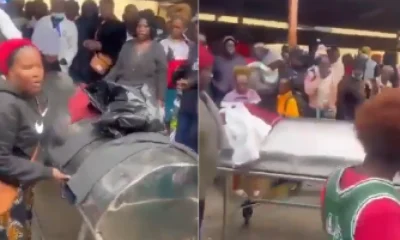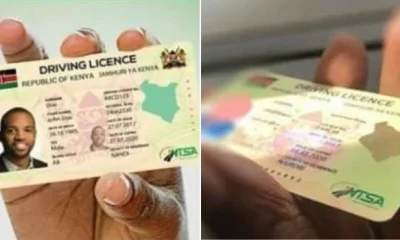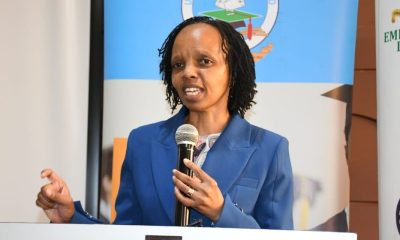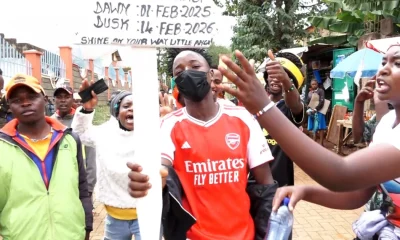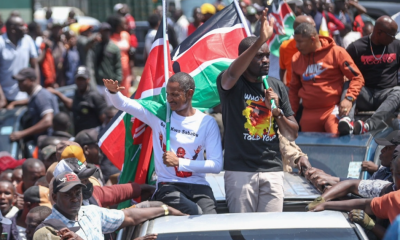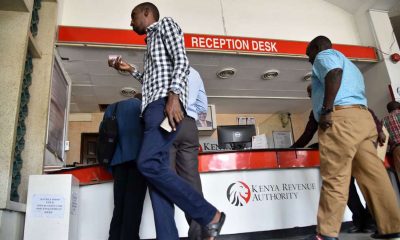News
Tanzania Commission Links Post-Vote Bloodshed to Economic Interests in Natural Resources
DAR ES SALAAM — Tanzania’s post-election violence stemmed from a complex convergence of misinformation, opportunistic actors, and external financial interests rather than spontaneous political unrest, according to preliminary findings released by the country’s human rights watchdog.
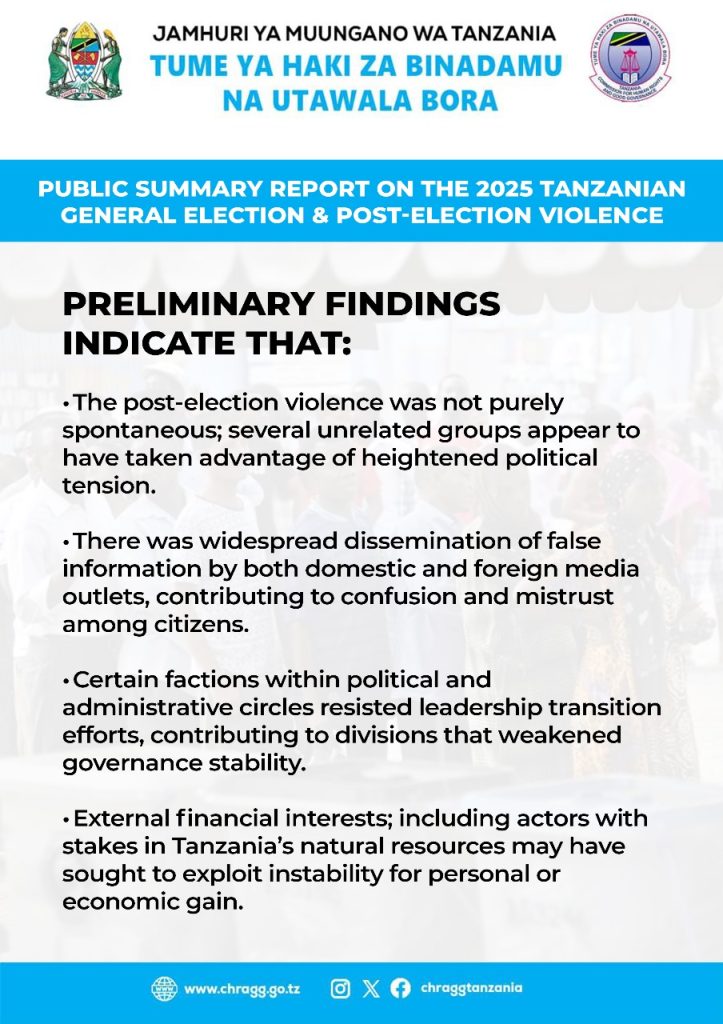
The Commission for Human Rights and Good Governance (CHRAGG) concluded its investigation into the deadly protests that erupted following the October 29, 2025 general election, presenting a picture of coordinated manipulation that exploited legitimate political grievances for economic gain.
ALSO READ: Kenyans Push for Constitutional Education in Schools After Deadly 2024 Protests
“Not Purely Spontaneous”
The commission’s public summary report states unequivocally that the violence “was not purely spontaneous,” finding instead that “several unrelated groups appear to have taken advantage of heightened political tension.”
CHRAGG investigators documented how external financial interests—specifically actors with stakes in Tanzania’s natural resources—sought to exploit instability for “personal or economic gain.” The report suggests these forces operated alongside domestic opportunists to amplify chaos during a politically volatile period.
“The post-election crisis cannot be attributed to one political group or institution alone,” the commission states. “Rather, it represents a multi-layered conflict in which misinformation, opportunism, and foreign interference intersected, threatening the country’s peace and stability.”
Weaponized Misinformation
A central finding of the investigation concerns the systematic spread of false and manipulated content across multiple platforms. CHRAGG documented widespread dissemination of fabricated images and doctored videos by both domestic and foreign media outlets, creating confusion and eroding public trust.
The commission found that unverified imagery spread rapidly across social media, with narratives deliberately crafted to amplify panic and deepen ethnic and political divisions in affected communities. In several regions, investigators discovered that false portrayals of security force actions provided strategic opportunities for certain actors to escalate public mistrust.
“There was widespread dissemination of false information by both domestic and foreign media outlets, contributing to confusion and mistrust among citizens,” the report states.
Methodology and Scope
Between September and November 2025, CHRAGG deployed investigation teams to eight regions, collecting over 300 witness statements and reviewing more than 100 hours of broadcast footage and social media content.
Operating under its mandate from Articles 6 and 28 of the CHRAGG Act, the commission engaged with civil society organizations, local government authorities, and independent observers. The investigation relied on triangulation of information to ensure accuracy and objectivity.
The commission found that while many protests began as genuine civic expressions of frustration, they were subsequently infiltrated by opportunistic groups with unclear motives. In several locations, unidentified individuals deliberately provoked confrontations with security agencies, resulting in casualties.
Infrastructure Damage and Recovery Needs
The violence left significant physical destruction in its wake. The report details extensive damage to infrastructure and businesses, noting that this destruction compounded suffering in affected communities.
CHRAGG emphasizes the urgent need for comprehensive recovery programs to rebuild damaged areas and support communities traumatized by the violence. The commission has called for coordinated efforts between government ministries, local authorities, and civil society to address both immediate humanitarian needs and long-term reconstruction.
Contested Narratives
The CHRAGG findings have been met with skepticism from opposition groups and international observers, who maintain that the violence was primarily the result of security forces responding with lethal force to election protests.
While the commission notes that “allegations of external interference remain unverified,” it argues that the convergence of factors it documented “indicates a complex scenario requiring deeper inquiry.”
Human rights organizations have called for independent international investigations, expressing concern that a government-affiliated body cannot provide impartial findings on events involving state security forces.
The commission has not yet released casualty figures or details about accountability measures for those found responsible for deaths and destruction during the post-election period
Follow us on X
-
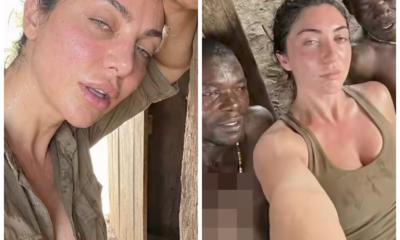
 Gossip6 days ago
Gossip6 days agoForeign Tourist’s Viral Uganda Video Ignites Social Media Frenzy Over “Intense Cultural Exchange”
-

 Gossip1 week ago
Gossip1 week agoWoman Unalives Herself On Facebook Live As Viewers Begged Her To Stop
-

 Gossip7 days ago
Gossip7 days agoFake Model Casting Agency Under Fire After Disturbing Video Goes Viral
-
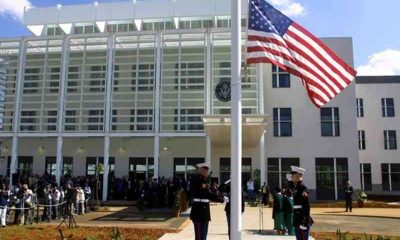
 Nairobi1 week ago
Nairobi1 week agoUS Embassy in Nairobi Closed Monday for President’s Day Federal Holiday
-
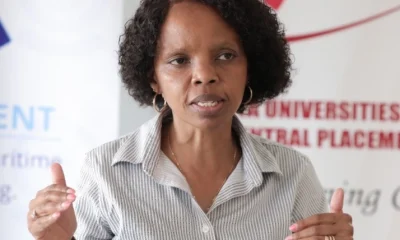
 Education1 week ago
Education1 week agoKUCCPS Releases Subject Requirements for All Degree Clusters: What Students Must Know Before Applying
-
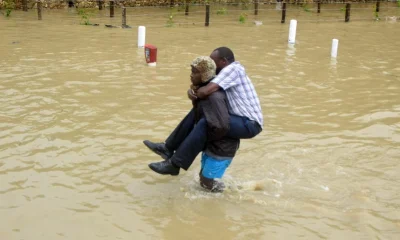
 Forecast1 week ago
Forecast1 week agoWill It Rain This Week? Heavy Downpours Expected in Central Kenya, Rift Valley and Coastal Regions
-
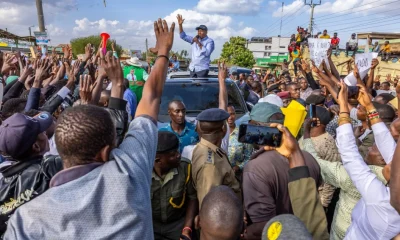
 News1 week ago
News1 week ago‘My Position is Safe’: DP Kindiki Shuts Down Political Speculation
-
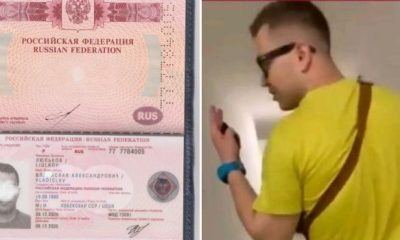
 Gossip4 days ago
Gossip4 days agoRussian Man’ Unmasked: Govt Officially Names Vladislav Luilkov in Non-Consensual Recording Scandal


